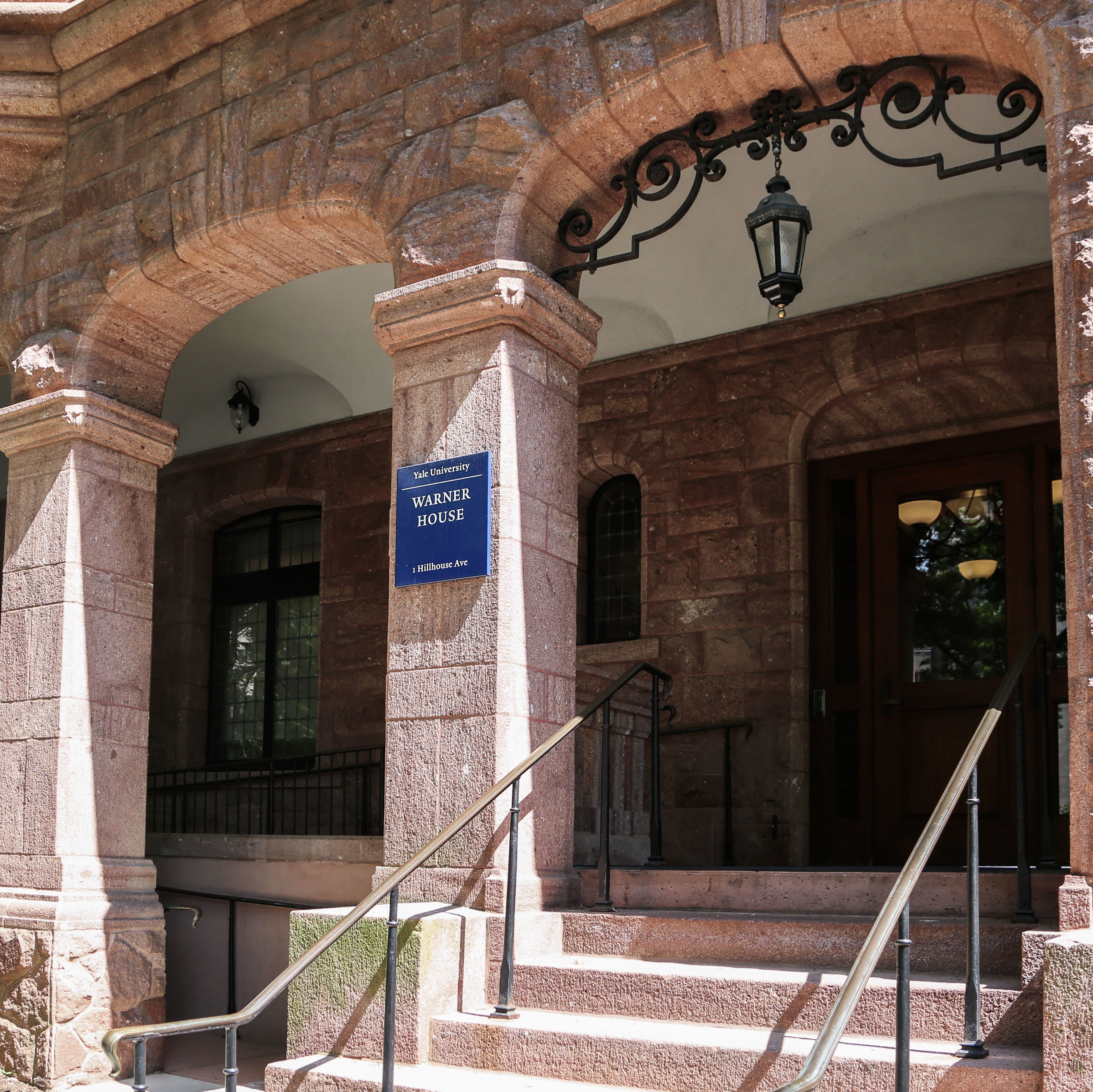
A new Faculty of Arts and Sciences report confirmed a standing belief regarding Yale faculty salaries: Yale Faculty of Arts and Sciences professors’ salaries have fallen over the past decade relative to their peers.
The 71-page report by the 2016-18 Committee on the Economic Status of the Faculty, known by the acronym CESOF, issued a strong recommendation that the University increase the salaries of FAS ladder faculty to close the gap between Yale and its peer institutions “as quickly as possible.”
For more than a year, the committee has gathered public and confidential data to provide a comprehensive look at the salaries of FAS professors. One of its main findings revealed that Yale salaries were on par with its peer institutions’ from 1998 to 2009 but that the salaries of full FAS professors fell 5 percent by 2016 relative to peer institutions. By extrapolating this data, the report, which computed the ratio of the average FAS salary at Yale to average FAS salaries at peer institutions, speculates that the average FAS salary has declined an additional one percent since 2016 relative to its peers. The report also found that from 2008 to 2016, the average salary of a FAS assistant professor at Yale fell by 7 percent relative to its peers.
“On behalf of the committee, I urge Yale to act on its recommendations as soon as possible,” said Tony Smith, chair of the committee and a professor of economics and management.
According to the report, raising the average FAS faculty salary by 6 percent in the 2017-18 academic school year would have cost approximately $15 million per year — roughly 0.6 percent of the University’s Central Campus annual budget. The report asserted that the University could not “afford to skimp on [the] remuneration” of its “world-class” faculty. It also suggested that the University use higher salary as a tool to recruit and retain faculty who would otherwise prefer to work in “larger metropolitan areas.”
Specifically, the report detailed a 3 percent average salary drop in the humanities, a 4 percent drop in the social sciences and a 7 percent drop in biological sciences, physical sciences and engineering sciences — all numbers relative to Yale’s peers. The report, however, did not find a difference in the salaries of ladder faculty within the FAS based on gender.
The committee also analyzed faculty tuition benefits under the Yale Child Scholarship Plan, retirement savings and the spread of University committees professors are serving on. It did not analyze data on professional school faculty.
The report also included information regarding the decrease in percentage of tuition benefits allotted to faculty children under the “Child Scholarship Plan,” the college or university tuition benefit for University employees’ children. The committee recommended that Yale “restore the maximum tuition benefit” to 41 percent, its average maximum value from 1981 to 2009. Its current level is 31 percent of Yale’s tuition.
The committee submitted a draft of the report to Dean of the Faculty of Arts and Sciences Tamar Gendler at the end of September. Gendler then circulated the report to FAS faculty on Oct. 22, asking that they not share its contents beyond the faculty community. Smith presented the report to the FAS Senate at its October meeting.
Gendler said she was “grateful to the CESOF committee for its dedicated and careful work on this important report.”
FAS Senate Chair William Nordhaus ’63 said that the report added to the prior work done by the Senate, which had come to similar conclusions regarding faculty salaries at Yale and its peer institutions.
“The CESOF report showed what the earlier Senate’s reports had shown,” Nordhaus said. “It corroborated our findings, but with better data.”
A meeting of the FAS faculty will be held in January to discuss the committee’s report. At the meeting, Gendler will offer a response to the report’s findings and recommendations. University Provost Ben Polak will also be present.
Marla Geha, a CESOF committee member and professor of astronomy and physics, expressed optimism about the implementation of the recommendations.
“The University was favorable to [the report], and the things that are within their power to enact, they will do so in good faith,” said Geha.
Carly Wanna | carly.wanna@yale.edu .







